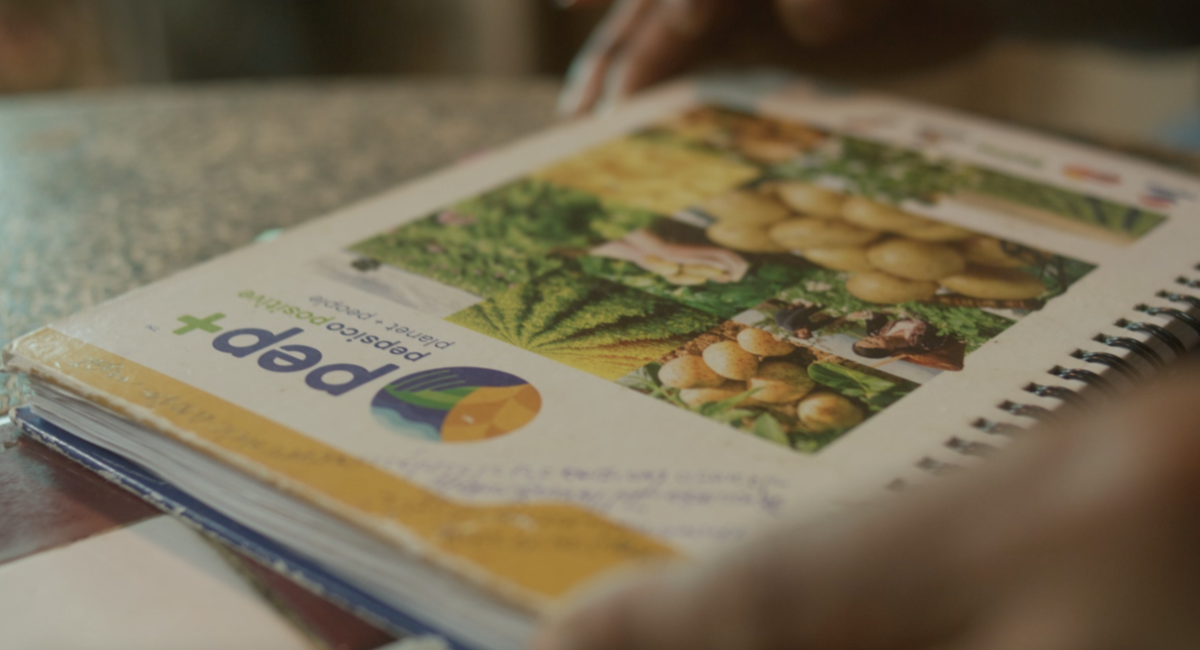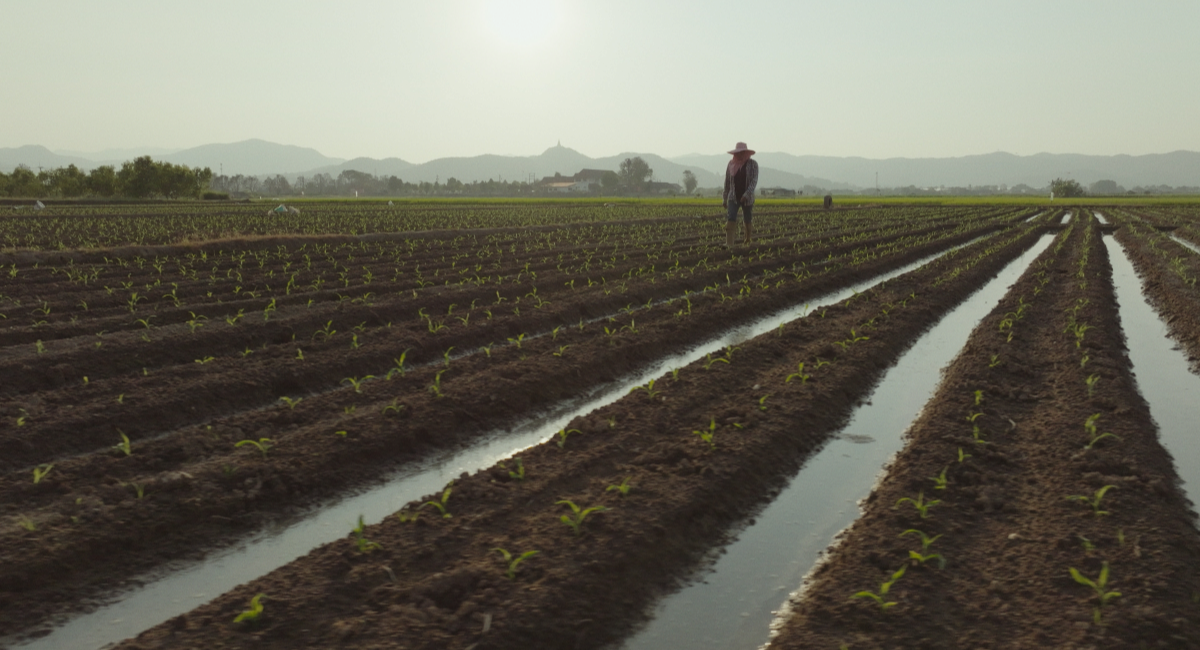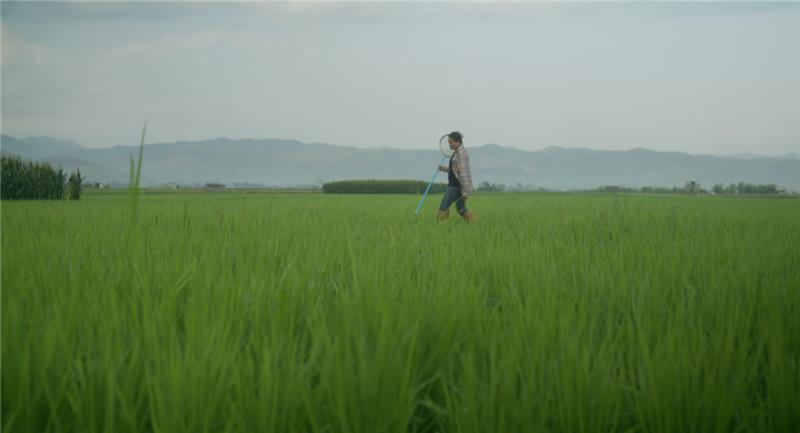For Wisa Lakumpa, resilience has never been optional — it’s a way of life. Growing up in northeastern Thailand, she faced hardship early on.
“I grew up in Kohn Kean, a rural farmland, raising cows and buffalos — I’m a real country kid,” she says. “But for us living in the Isan region, life was quite difficult. Some days we had money, some days we didn’t. We had to keep moving forward no matter what.”
Those experiences instilled Wisa with strength and a resolve to build a more sustainable future for herself, her family and her community. Today, she is helping to sow seeds of change in Thai agriculture.
Helping farmers weather climate challenges
For the last decade, Wisa has been growing potatoes for PepsiCo to make Lay’s chips, but in recent years, her livelihood has been shaped by events beyond her control. Erratic rains, searing droughts and destructive landslides and wildfires have challenged harvests, threatening Wisa’s income and the food supply chain her community depends on. “Because of climate change, the old way of farming doesn’t work anymore for me,” she says. “We know that no one can control natural disasters, but if we can fight climate change through agriculture, it could help reduce the severity of [them].”
With extreme weather diminishing her crop yields, Wisa began searching for solutions in 2022. In Thailand, PepsiCo and Germany’s Deutsche Gesellschaft für Internationale Zusammenarbeit (GIZ) GmbH collaborated through the develoPPP program to aim to build a stronger, more reliable potato supply chain. The initiative helps farmers through education, empowerment and the adoption of a whole-farm approach, which focuses on implementing regenerative agriculture practices across entire farms, not just one specific crop.
The results have been remarkable. Through the program in Thailand, PepsiCo and GIZ have helped train more than 3,000 farmers in practices that help make farms more profitable and adaptable to climate change. Between 2022 and 2024, participating farmers increased their incomes and saw a reduction in greenhouse gas emissions per ton of product produced.
Because of climate change, the old way of farming doesn’t work anymore for me. We know that no one can control natural disasters, but if we can fight climate change through agriculture, it could help reduce the severity of [them].
Growing more with less
Eager to strengthen her own farm, Wisa enrolled in courses on climate-smart agriculture and sustainable farming, provided by GIZ and PepsiCo. “Because I’m someone who is interested in learning about agriculture, wherever there is a training, I go,” she says.

The classes introduced her to new methods like alternate wetting and drying in rice paddies and the practice of periodically draining fields and re-flooding them, which can reduce greenhouse gas emissions and cut water use. She also learned how to cultivate a mix of rice, potatoes and corn to maximize her land use while conserving water and replenishing nutrients in the soil naturally through crop rotation. And in her corn and potato fields, Wisa has adopted efficient drip irrigation systems, cutting down on her water usage, reducing soil erosion and minimizing water waste and runoff.
Thanks to these changes, Wisa is using less water and chemical pesticides, her crops are thriving and she’s earning more from her harvests.

Planting seeds of learning
With support from PepsiCo and GIZ, Wisa is also equipping fellow farmers with the tools and knowledge to embrace regenerative agriculture, adapt to climate change and build a more secure food future — and her efforts are creating a ripple effect of knowledge-sharing across her region.
In her village, she has become a teacher and a role model affectionately known as “the plant doctor.” She mentors other women farmers, leading community workshops and showcasing her rice paddies as demonstration plots. Neighbors often stop by her farm to ask questions about her methods, and her willingness to share her knowledge has made her a trusted community voice.

Protecting the land for future generations
Wisa’s success is a testament to what’s possible when global expertise and local determination come together. With every training she attends, every crop she nurtures and every farmer she mentors, she is helping to shape a future where agriculture in Thailand can better withstand the pressures of climate change.
“My motivation is always family,” Wisa says. “In the future, I hope to be a stable and sustainable farmer, not a burden to the future generations — and to have land for my children and grandchildren.”